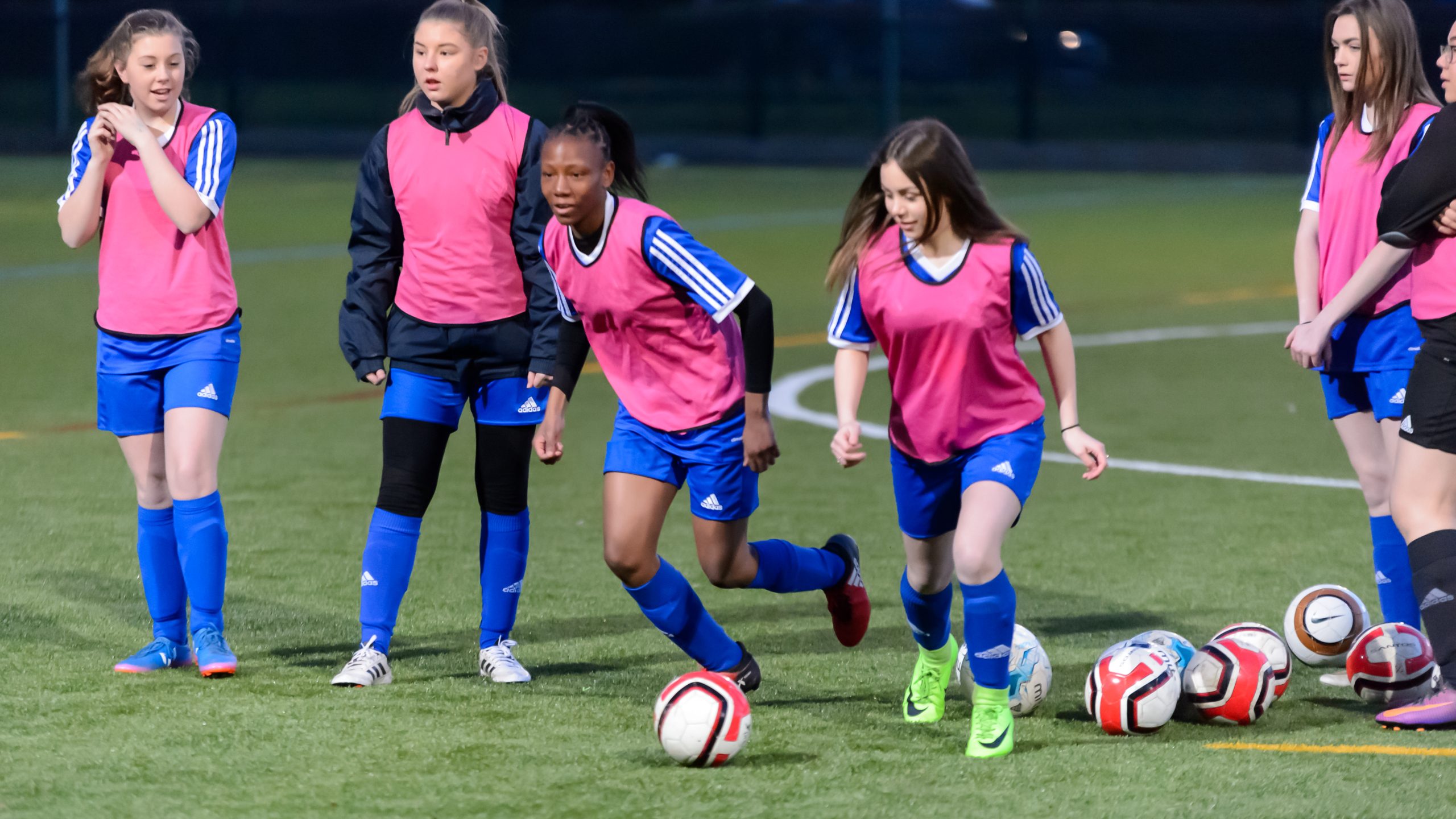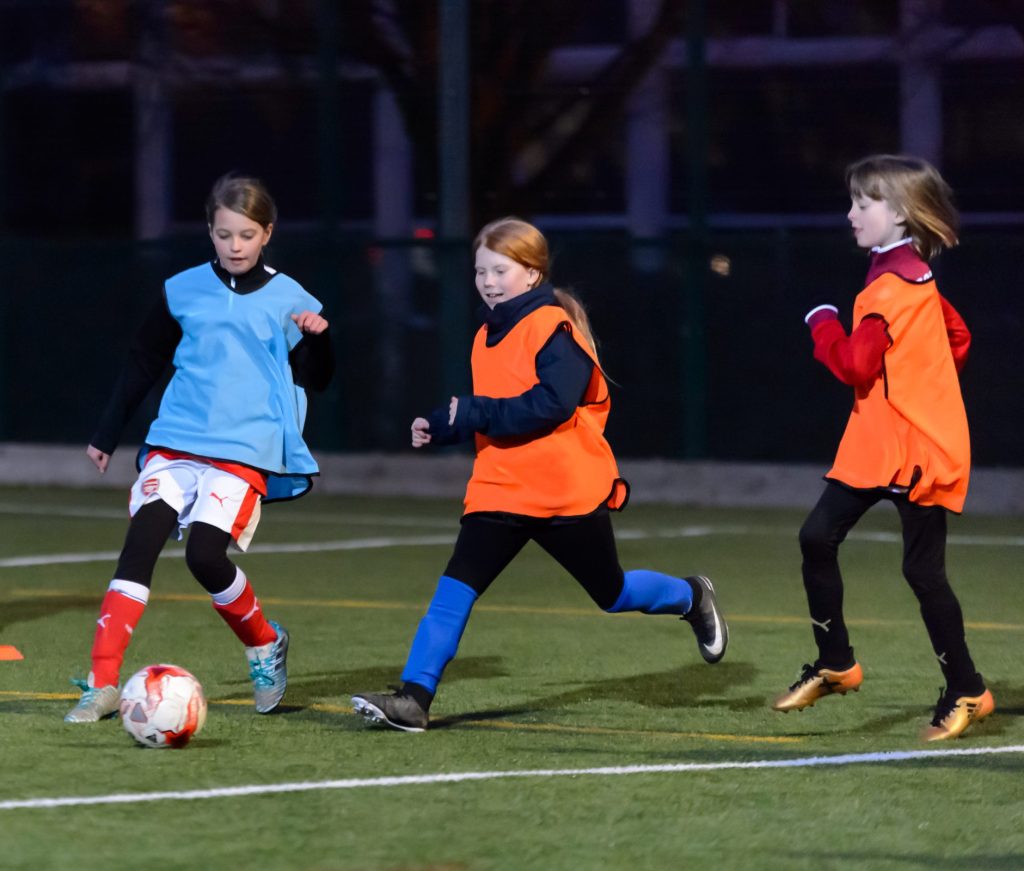Women in Sport has analysed the top line data from the 2020-21 Sport England Active Lives data on Children and Young People and has the following reflections…
England faces an ongoing underactivity crisis with more than half of this age group (55%) failing to meet recommended levels of daily physical activity. These figures are marginally less stark for those who are white and / or affluent, pointing to key economic and ethnic inequalities that need addressing. More positively more children and young people are going for walks with 47% of girls now going for walks (up 7%) and 38% of boys (up 4%). Gym or fitness activities increased during the year with 25% of girls now engaged, up 8% (compared to 20% of boys, up 6%).
-
47
% of girls
now go for walks, up 7% from last year
-
25
% of girls
now engage with gym or fitness activities, up 8% from last year
The charity Women in Sport is focused on the gender aspects of these statistics, and the full diversity of girls. We are deeply concerned that so many fewer girls than boys say they enjoy sport and exercise (38% girls compared to 53% of boys), feel confident when they do it (26% of girls, 43% of boys) and find it easy (16% of girls, 24% boys). This is a long term trend, but this year there has been a particular decline in enjoyment for girls in years 5-6 (down 10%). This is very worrying as girls need to enter secondary school with as much positivity and resilience as they can muster.
Tanya Martin, Insight Manager at Women in Sport said “Girls are not born less confident than boys, they are perfectly able to develop physical literacy and to find sport easy, so I would ask why these trends continue. We are doing our girls a disservice from a young age with our expectations of girls very different to that of boys due to stubborn gender stereotypes that still permeate sport and limit girls’ enjoyment.” Women in Sport is currently undertaking some deep dive insights work with girls of primary school age and their families to find out more about what is happening.
Another real cause for concern is the wellbeing of our children and young people. This is worrying across the board but there is also a wellbeing gender gap, especially in the teenage years. Girls’ happiness has decreased significantly in school years 7-11 whilst boys has not, and older teenage girls are almost twice as likely to feel lonely ‘often/always’ than boys (15% of girls, 8% of boys). There is a gender gap in resilience as well which widens with age rising to 7% by years 9-11. This is why it is so vital we continue to listen to and seek to understand girls of this age and innovate to meet their needs. Sport can be life changing for teenage girls as it was for Jade – read her story here.
Teamsport, probably the most beneficial for personal development across the board, remains primarily an activity of boys with a 17% gender gap. This gap has closed slightly from previous years but this was due to boys missing out on organised sport during the pandemic rather than girls taking up team sport unfortunately.
Women in Sport believes that sport can transform lives and that too many girls continue to be denied access to its joy, fulfilment and lifelong benefits. This is rarely by design, but due to deeply rooted stereotyping, assumptions about preferences and abilities and lack of community and school provision.
More than any other before it, this generation needs and deserves joyful and rewarding life experiences that build resilience and skills in leadership and teamwork.
Stephanie Hilborne OBE, Women in Sport CEO
Stephanie Hilborne, CEO at Women in Sport, said “This is a generation that has had their childhood and young lives disrupted by a global pandemic and one that will need to lead the world through a climate and ecological emergency. More than any other before it, this generation needs and deserves joyful and rewarding life experiences that build resilience and skills in leadership and teamwork. And if women are to be a major part of the solution to the challenges ahead, and they must be, girls must have equal access to sport and exercise as a major element of their young life.”
The charity Women in Sport is determined to continue to press for change in the system to enable that.


